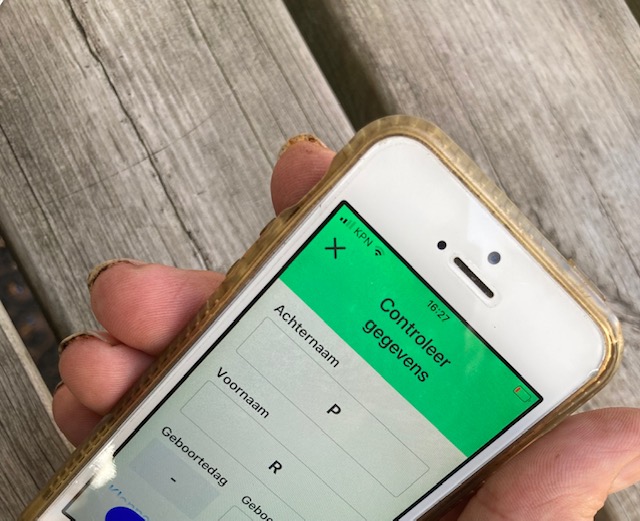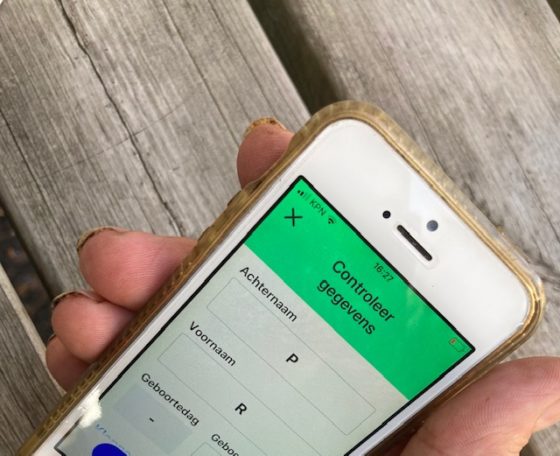Health chief does not expect winter curfews despite coronavirus case rise


New shop and school closures, or a curfew, are not likely to be imposed in the Netherlands this winter, despite the surge in new coronavirus cases, Jaap van Dissel, head of the government’s Outbreak Management Team, has told the AD in an interview.
Thanks to vaccination, the Netherlands is in a ‘different situation’ to last year and the Delta variant of the virus is being made ‘less damaging’ the public health chief said.
Hospital admissions may be mounting but the relationship between infections and hospitalisation is different because of the high vaccination rate, Van Dissel said. Some 81% of the over-12s in the Netherlands are now fully vaccinated.
Youngsters account for a large proportion of new cases and ‘that is relatively beneficial for the number of hospital admissions,’ he said. ‘But much also depends on the speed of the spread among non-vaccinated groups and in regions where fewer people have been vaccinated,’ he told the paper.
‘We are going to learn a lot in the coming weeks and our prognoses are becoming more precise. At the end of October, we will look at everything again, ahead of the new decisions at the beginning of November.’
Prime minister Mark Rutte and health minister Hugo de Jonge are due to hold a press conference on November 5. De Jonge has already said that the coronavirus pass system for cafes and clubs is likely to remain in place.
The Netherlands abandoned most coronavirus measures on September 25, including social distancing. Since then, the number of infections has soared, rising 44% in the past week alone.
Forecasts
Volkskrant science correspondent Maarten Keulemans said the current situation is difficult to assess, even though hospital admissions are at the upper end of earlier forecasts.
‘If you look at the map of the Netherlands, you see that we are mainly dealing with places which have a low vaccination rate – Staphorst, but also the Betuwe, the Bible Belt, places in Zeeland such as Tholen. And the big cities.’
This, Keulemans said, means no one yet knows if we are at the ‘start of a new wave or a series of hotspots in areas with a low vaccination rate’.
Thank you for donating to DutchNews.nl.
We could not provide the Dutch News service, and keep it free of charge, without the generous support of our readers. Your donations allow us to report on issues you tell us matter, and provide you with a summary of the most important Dutch news each day.
Make a donation